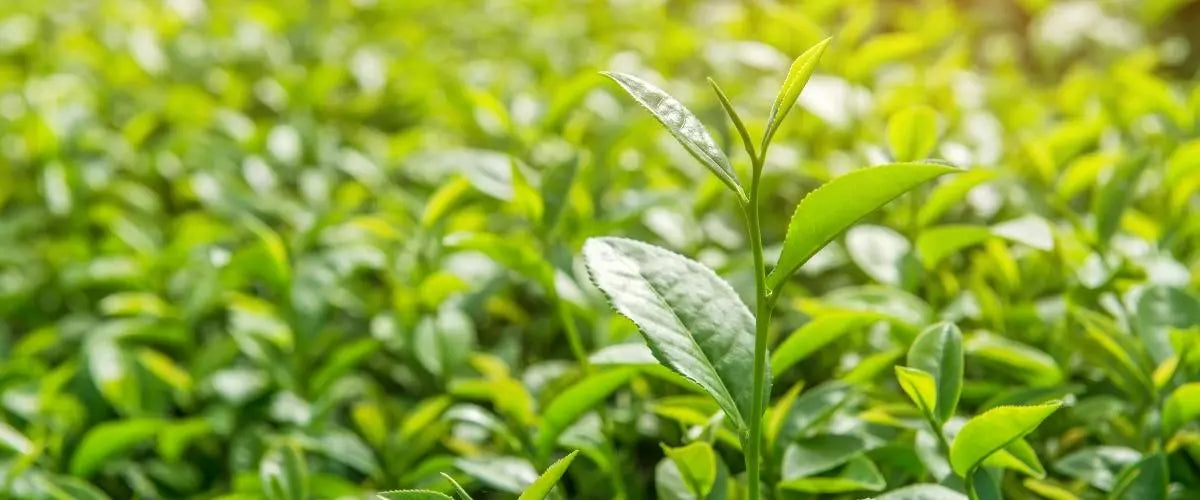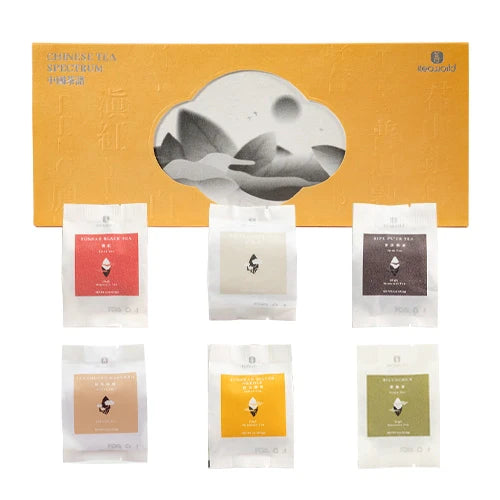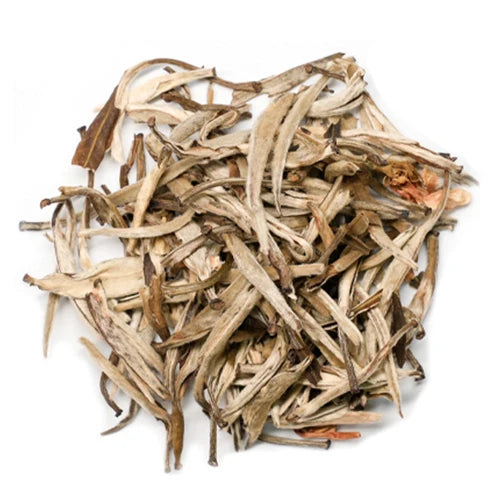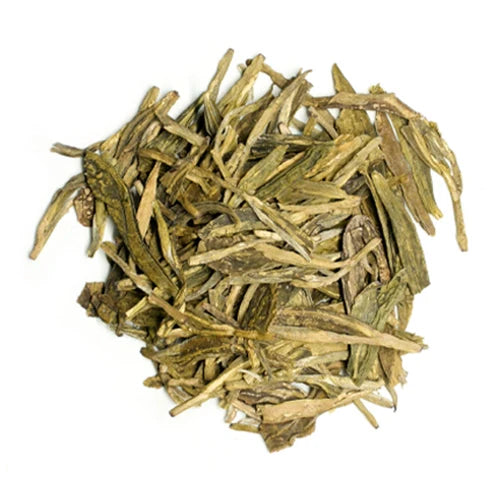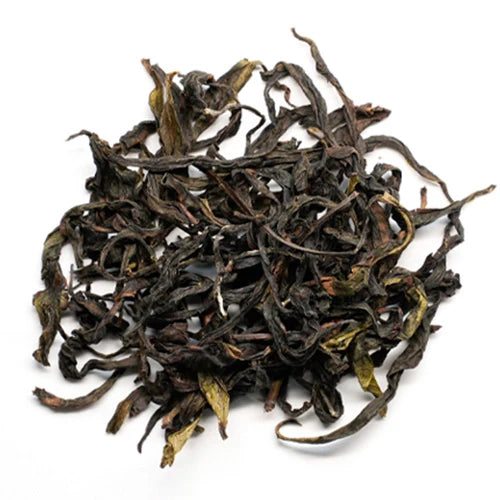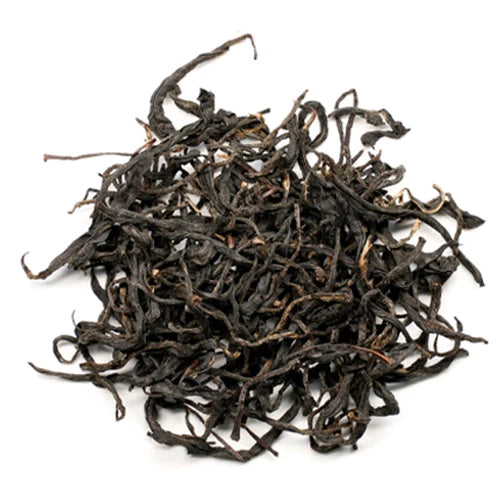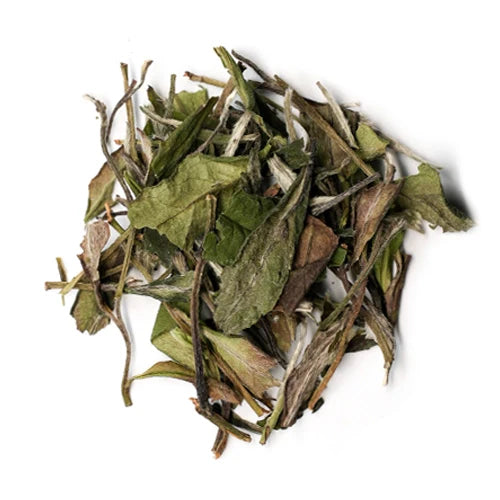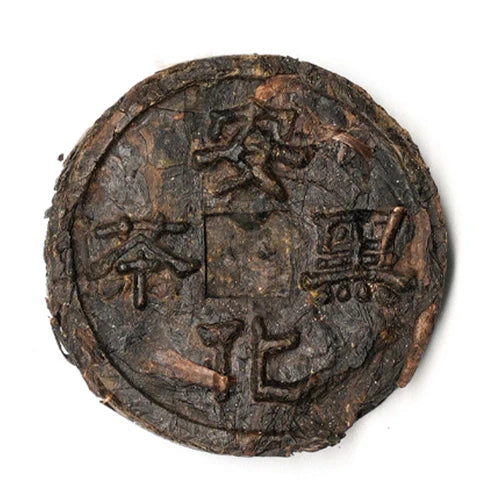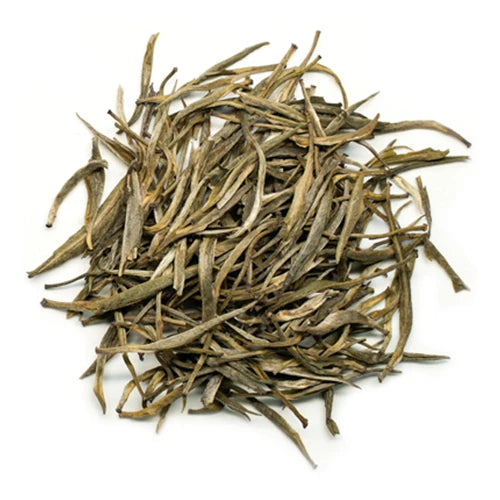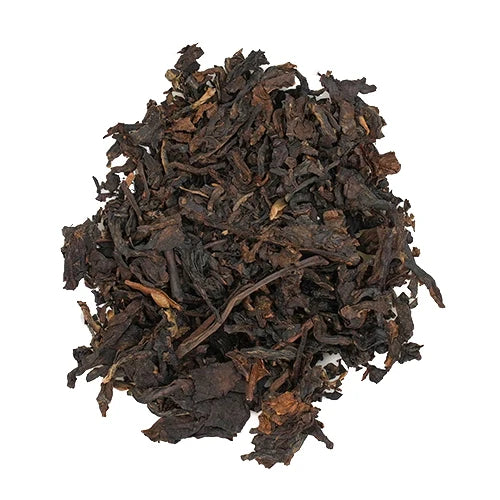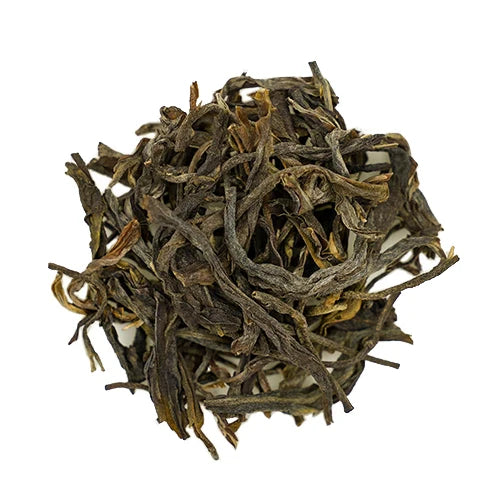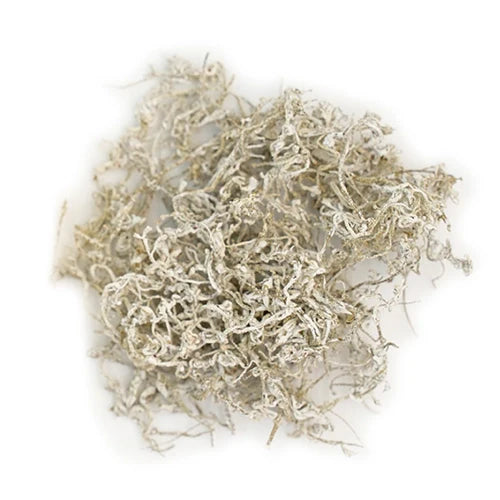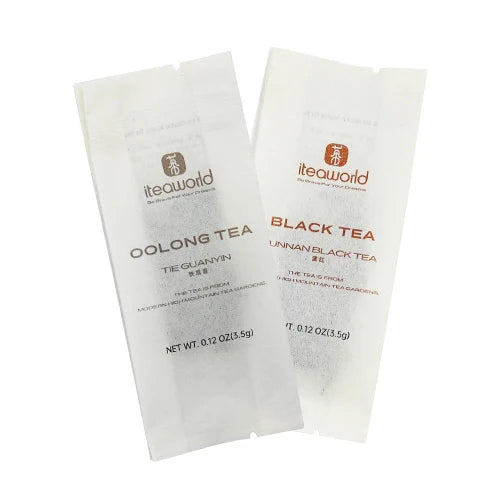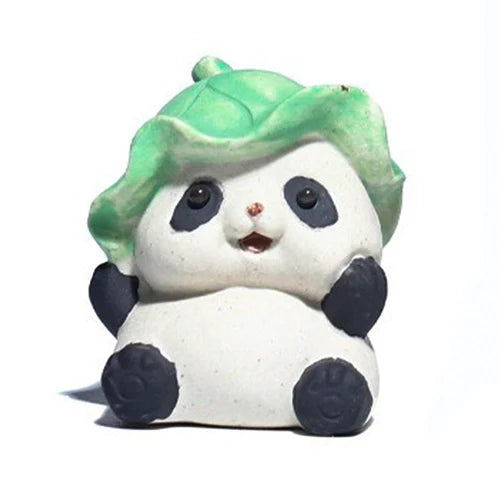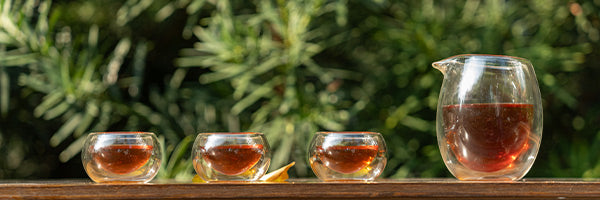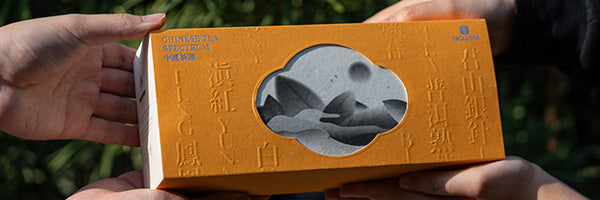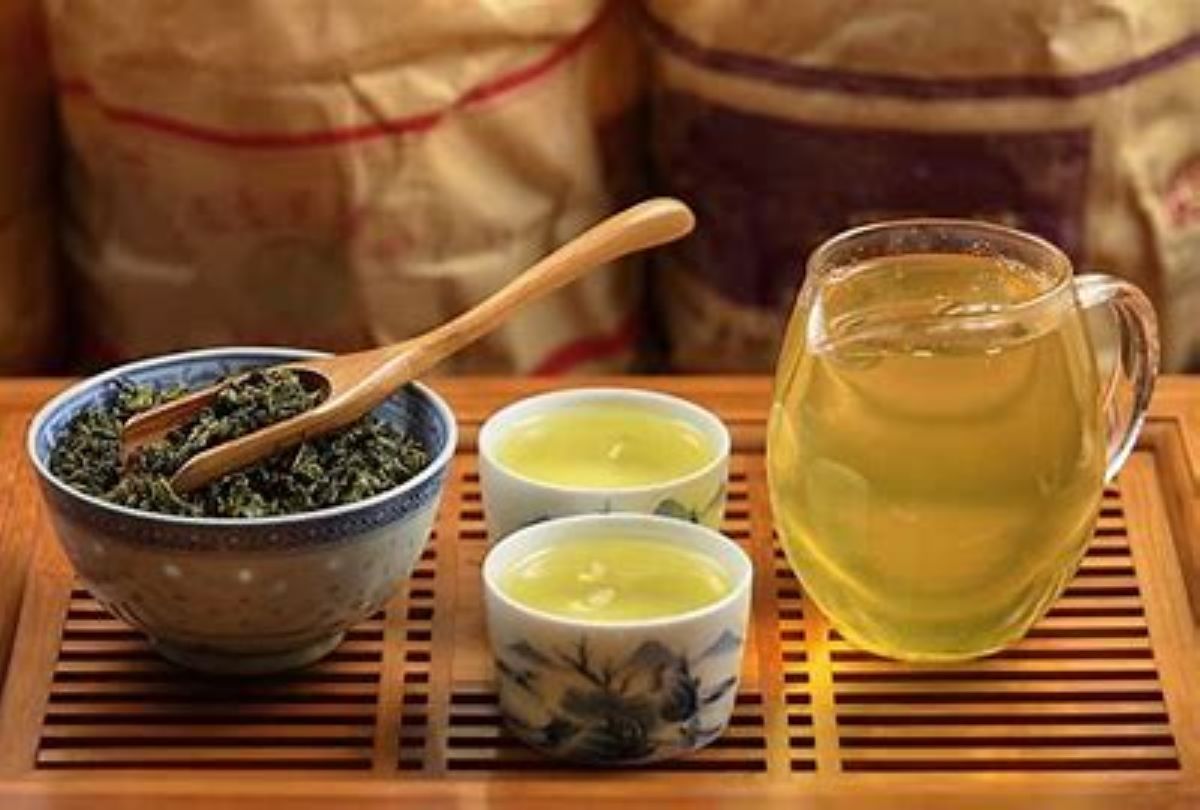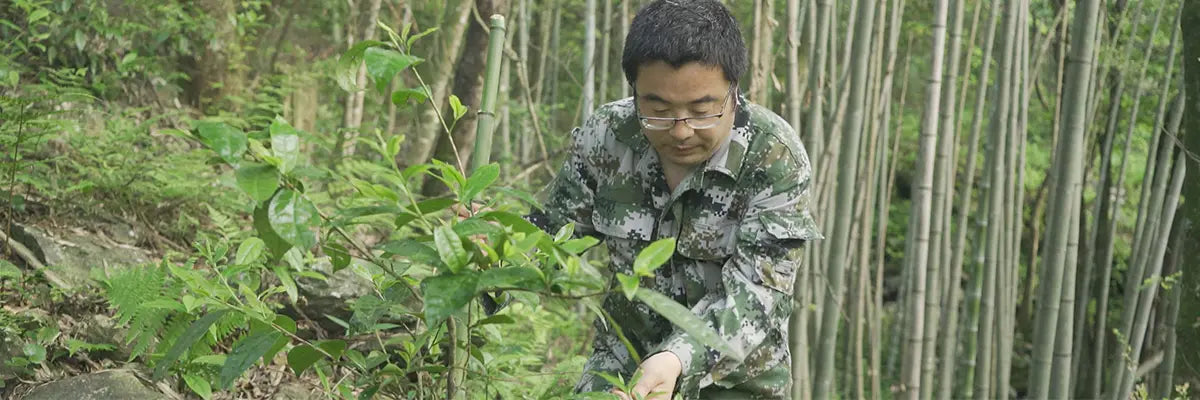Китайская церемония рассыпного чая — это древний ритуал, способствующий оздоровлению и воплощающий богатое культурное наследие Китая. На протяжении столетий чайные церемонии занимали важное место в китайской культуре, символизируя гармонию, осознанность и духовную связь. В этой статье мы углубимся в глубокие преимущества для здоровья, связанные с этой проверенной временем практикой.
Историческая справка
Чай имеет долгую и захватывающую историю, которая восходит к Древнему Китаю. Считается, что он возник в провинции Юньнань во времена династии Шан около 1500 г. до н. э. Изначально чай употребляли из-за его лечебных свойств, и постепенно он приобрел популярность как напиток.
Во времена династии Тан (618-907 гг. н. э.) чайные церемонии процветали и стали формализованными. Под влиянием буддийской и даосской философии чайные церемонии вышли за рамки простого чаепития. Они стали средством духовного созерцания, способствующим осознанности и укрепляющим связь с природой.
Чайные церемонии стали тесно переплетены с духовными и оздоровительными практиками в китайской культуре. Спокойная атмосфера, продуманные движения и внимание к деталям в каждом аспекте церемонии создают атмосферу, способствующую расслаблению, размышлениям и внутреннему миру.

Искусство китайской чайной церемонии с использованием листового чая
Традиционная китайская церемония заваривания листового чая требует ряда важных компонентов, а также тщательного планирования. Для начала, листовой чай предпочтительнее, чем пакетированный, поскольку он предлагает более подлинный и вкусный опыт. В зависимости от индивидуальных предпочтений, чайные листья можно выбирать от нежных зеленых чаев до крепких улунов или ароматных жасминовых чаев.
Правильное качество и температура воды имеют решающее значение для приготовления идеальной чашки чая. Чтобы полностью извлечь отличительные ароматы каждого вида чая, вода должна быть нагрета до точной температуры. Кроме того, использование первоклассной фильтрованной воды улучшает вкус и аромат чая.
Чайная утварь имеет большое значение в церемонии. Чайник, чашки, поднос и другие инструменты тщательно подбираются по функциональности и символическому представлению. Чайник, например, представляет собой сердце церемонии, в то время как чашки символизируют единство и совместное использование.
Поднос для чая служит практичным и эстетическим элементом, предоставляя платформу для очистки и демонстрации принадлежностей. Каждый предмет имеет свое предназначение и вносит свой вклад в общую атмосферу и опыт чайной церемонии.

Осознанность и медитация
Для традиционной китайской чайной церемонии с листовым чаем требуется множество основных элементов, а также тщательная организация. Во-первых, люди предпочитают листовой чай пакетированному, потому что он обеспечивает более аутентичный и вкусный опыт. При выборе чайных листьев можно учитывать индивидуальные предпочтения, которые варьируются от нежных зеленых чаев до крепких улунов или ароматных жасминовых чаев.
Лучшая чашка чая может быть сделана только с правильной водой, как по качеству, так и по температуре. Вода должна быть нагрета точно, чтобы полностью извлечь уникальные характеристики каждого вида чая. Кроме того, использование высококачественной фильтрованной воды усиливает вкус и аромат чая.
Сосредоточив свое внимание на опыте чаепития, люди могут найти утешение и расслабление. Процесс потягивания чая становится формой медитации, позволяя в полной мере насладиться вкусами, ароматами и текстурами чая. Это осознанное погружение в процесс чаепития может снять стресс, способствовать ясности ума и улучшить общее самочувствие.
Польза для здоровья от китайского листового чая
Помимо культурных и медитативных аспектов, китайский листовой чай предлагает ряд преимуществ для здоровья. Во-первых, чай богат антиоксидантами, такими как катехины и полифенолы, которые помогают защитить организм от свободных радикалов и окислительного стресса. Эти антиоксиданты способствуют укреплению иммунной системы, поддерживая общее здоровье и благополучие.
Более того, китайский листовой чай ассоциируется с улучшением пищеварения. Некоторые виды чая, такие как пуэр и улун, известны тем, что способствуют пищеварению, регулируют обмен веществ и способствуют развитию полезных кишечных бактерий. Регулярное употребление чая может помочь облегчить дискомфорт в пищеварительном тракте и усилить естественные процессы детоксикации организма.

Исследования также показали, что чай может иметь сердечно-сосудистые преимущества. Наличие флавоноидов в чае связывают с уменьшением риска сердечных заболеваний, снижением артериального давления и улучшением липидного профиля. Включая китайский листовой чай в сбалансированную диету и образ жизни, люди могут потенциально поддерживать здоровье сердца и общее благополучие сердечно-сосудистой системы.
Кроме того, чай был признан за его потенциальные когнитивные преимущества. Сочетание кофеина и L-теанина, аминокислоты, содержащейся в чае, может способствовать умственной активности, сосредоточенности и релаксации. Регулярное употребление чая было связано с улучшением когнитивных функций, памяти и концентрации внимания.
Ритуал и связь
Китайская церемония рассыпного чая выходит за рамки индивидуального благополучия; она способствует возникновению чувства связи и единства среди участников. Акт совместного чаепития глубоко укоренился в китайской культуре и служит средством построения отношений, укрепления товарищества и демонстрации гостеприимства.
Во время чайной церемонии участники имеют возможность участвовать в содержательных беседах, делиться историями и общаться на более глубоком уровне. Церемония создает пространство для подлинной человеческой связи, вдали от отвлекающих факторов современной жизни. Она побуждает людей полностью присутствовать друг с другом, способствуя чувству единства и гармонии.
В китайской культуре совместное чаепитие считается жестом уважения и доброй воли. Участвуя в чайной церемонии, люди могут погрузиться в богатые культурные традиции Китая и оценить значимость этого древнего ритуала. Важно подходить к этой практике с уважением, любопытством и открытым умом, почитая ее культурные корни и ценя мудрость, которую она передает.

Интеграция практики в повседневную жизнь
Выбирайте изысканный выбор китайских улунов и черных чаев, предлагаемых классическим выбором чая iTeaworld, который включает 8 видов чая. Откройте для себя разнообразные вкусы и ароматы китайских улунов и черных чаев с классическим выбором чая iTeaworld. Эта коллекция предлагает ряд изысканных чаев, каждый из которых представляет собой классический сорт. От ароматного Fenghuang Dancong до крепкого Yunnan Black Tea , каждый чай обеспечивает уникальный и восхитительный опыт дегустации, позволяя вам расширить свои знания и оценить китайскую чайную культуру.
Включение китайской чайной церемонии с листовым чаем и классического выбора чая iTeaworld в вашу повседневную жизнь предлагает преобразующее путешествие осознанности, культурного признания и личного благополучия. Поднимите свой опыт чаепития на новый уровень и создайте ежедневный ритуал, который питает ваше тело, разум и душу.
В заключение
Церемония китайского листового чая предлагает глубокий и обогащающий опыт, который сочетает в себе осознанность, культурное восприятие и личное благополучие. Включая эту древнюю практику в свою повседневную жизнь, вы открываете себя мудрости и пользе для здоровья, которые лелеялись веками.
Изысканность китайской чайной культуры — это то, чем мы в iTeaworld страстно хотим поделиться с миром. Мы гордимся тем, что предлагаем лучший листовой чай на рынке. Мы предлагаем что-то, что подойдет для любого вкуса, будь то нежные и сложные ароматы чая улун , богатый и крепкий характер черного чая или выбор чая для новичков , который проведет вас через ваше чайное приключение. Чтобы начать международное приключение в мире чая, которое покажет вам сердце и дух китайской чайной культуры, посетите iTeaworld прямо сейчас. Узнайте об истории чая, позаботьтесь о своем здоровье и насладитесь восхитительными вкусами наших премиальных листовых чаев. Присоединяйтесь к нам в продвижении всемирной признательности и любви к чайной культуре.






